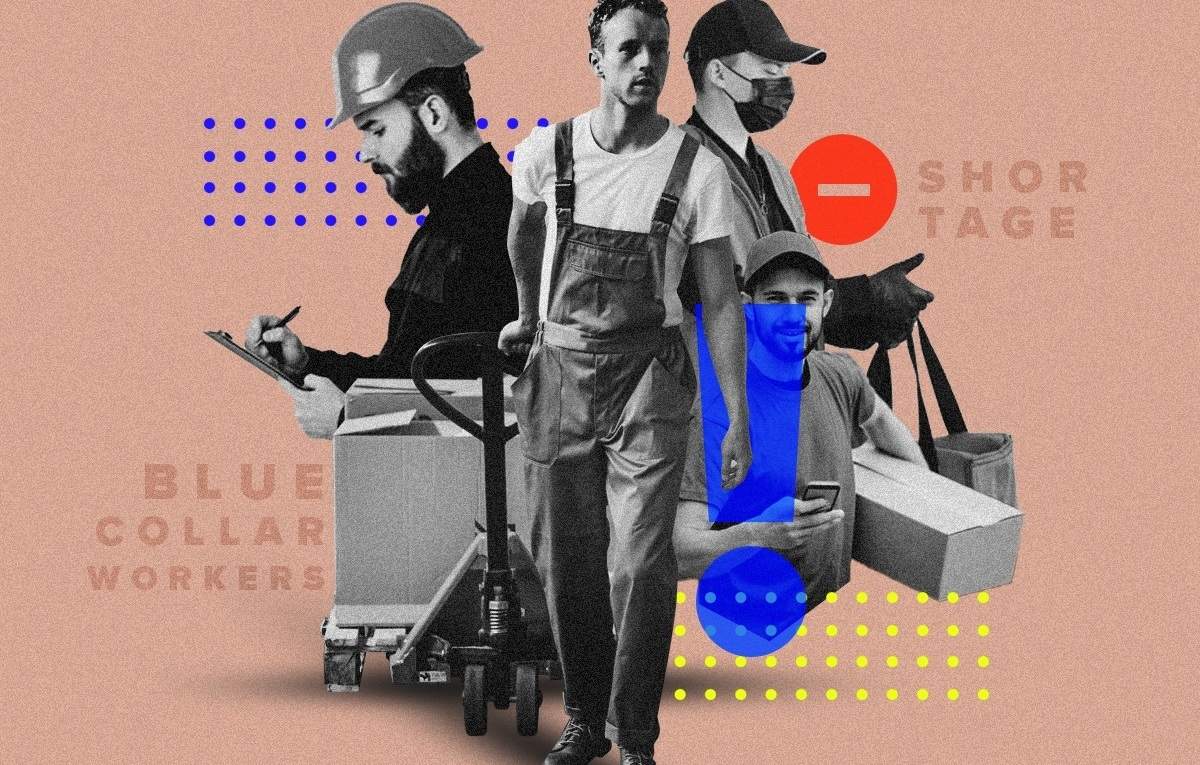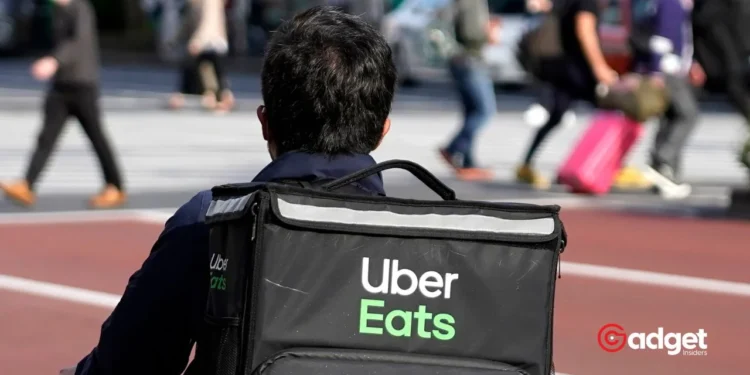The introduction of minimum wage laws in Seattle and New York City has sparked a significant backlash from leading food delivery companies, DoorDash and Uber. These cities are trailblazers in setting pay standards for gig economy workers, particularly those in the food delivery sector. However, the response from some of the biggest players in the industry has been anything but welcoming.
During a recent earnings call, Uber CEO Dara Khosrowshahi expressed concerns that these new laws might harm the very individuals they aim to protect. According to GeekWire, Khosrowshahi highlighted the unintended consequences of such regulatory measures.
Similarly, DoorDash has been actively lobbying against these ordinances, with a substantial $130,000 spent in efforts to repeal Seattle’s minimum pay rule, as King 5 News reported.

Rising Operational Costs in New York and Seattle and Consumer Impact
The changes brought about by the wage law have been experienced by people from all walks of life. The delivery services Uber Eats and DoorDash have both implemented a $5 extra on every order to mitigate the impact of rising labor expenses.
This decision has not only increased the consumer’s expenditures but has also caused a significant decrease in the number of delivery orders placed by certain companies. Eater disclosed comments from a Seattle restaurant owner who observed a price jump from $54 to $85 for the same order through Uber Eats, illustrating the direct impact on consumer expenses.
Amidst these challenges, DoorDash’s first quarter earnings showed a slight dip with a reported revenue of $2.5 billion and a net loss of $25 million. Meanwhile, Uber’s delivery operations generated $3.2 billion, turning a substantial profit, as per their latest financial disclosures.

The Proposed Legislative Tweaks
The initial wage legislation, effective from January 2024, mandated that delivery drivers be paid a minimum of $5 per order, alongside payment per minute and mile during deliveries.
However, proposed amendments aim to reduce these rates, adjusting pay to 33 cents per minute and 35 cents per mile, compensating drivers solely for the time spent on active deliveries. This adjustment could reshape the earnings landscape for thousands of gig workers in Seattle.
With quarterly revenue topping $5 billion, DoorDash, Uber push back driver wage laws https://t.co/o0HmJAl4eK
— Courier Journal (@courierjournal) May 9, 2024
The Community and Economic Ripple Effects
Local businesses and delivery drivers have had mixed reactions to these changes. Spice Waala, a small Seattle-based restaurant chain, reported a significant 30% drop in delivery sales, attributing this decline to the increased surcharges necessitated by the new wage laws.
On the flip side, some drivers argue that the additional earnings help in covering their operational costs more effectively, despite others facing reduced orders.
Seattle Councilmember Tammy Morales emphasized the importance of maintaining labor protections, criticizing the corporate practice of passing increased costs onto consumers without sufficient justification.

What Lies Ahead for Uber Eats and DoorDash?
As debates continue, the Seattle City Council is poised to make crucial decisions regarding these wage standards. The proposed legislation could potentially decrease the mandated hourly wage for drivers, stirring concerns among workers about adequate compensation.
As this battle over wages unfolds, it is clear that the outcome will not only affect the gig workers but also ripple across consumers and the broader economic landscape of food delivery services.
The coming weeks will be critical in determining whether these new wage standards will hold firm or if the lobbying efforts of multinational corporations will lead to a rollback of worker protections.









